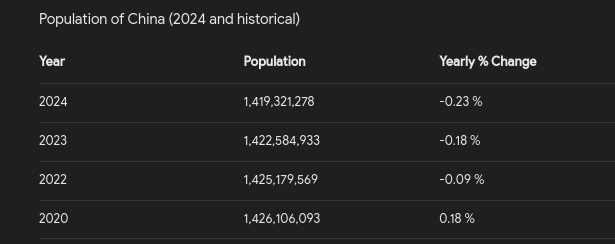I am unfortunately not very good at writing code and can barely function without an easy way to debug said code. I therefore need a debug template at ICPC and spent some time reducing the length of the debug template I use normally. I think it's pretty short already, but it seems like it can be shortened further. I don't know how to do so, hence this blog.
Some considerations:
- Can only use features introduced in C++ 17 or earlier, as my region is weird.
- Need to be able to debug all STL containers, and any nested versions thereof.
Now, if C++ 20 were allowed, one could simply use the following:
__print() works by repeatedly considering the elements that constitute x and calling __print() on them (whilst ensuring that the output of each __print() call is separated by ,) until << is defined for x by default.
Now, what's the problem with making this code compatible with C++17?
The problem is that there doesn't seem to be a short (in terms of code length) way in C++17 to differentiate between pairs and iterable containers.
I found two solutions, both of which aren't good at all:
1) Use is_literal_type_v to check if T is a pair
This will work if we have pairs like std::pair<int, float> but not with something like std::pair<int, vector<int>>. This is a significant loss of functionality since we now cannot debug things like map<int, vector<int>> which are often used.
2) Just create a separate templated function for pairs
This is also bad because:
- Much longer code.
- Notice that we now need to use a class/struct/namespace for the two
__print()functions as they can call each other.
Can someone help me fix these issues and/or make the code shorter in general? Right now, I think the last one is the best. I can't believe I spent the last 3 hours shortening a piece of code by 5 lines.
For whatever reason, GPT and Claude seems to be unhelpful here. I ran out of access to 4o trying to get it to help me, despite purchasing GPT plus T_T













